Tag
#Huawei
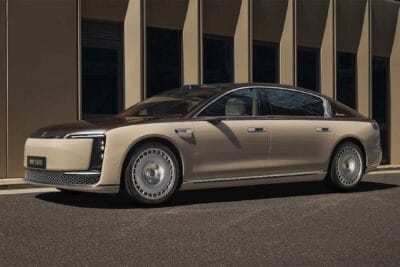
New luxury BEV Maextro S800 goes on the market in China
04.06.2025
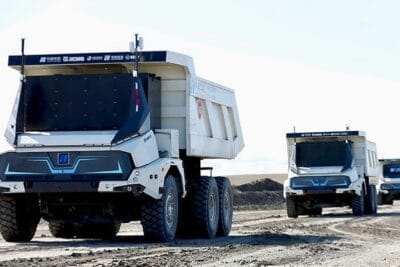
China launches world’s largest fleet of autonomous electric mining trucks
20.05.2025
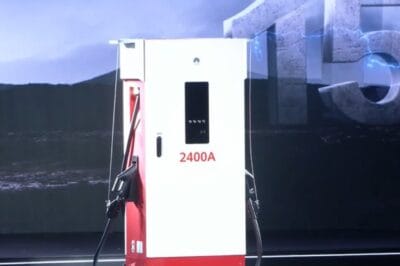
Huawei introduces megawatt charging station
23.04.2025
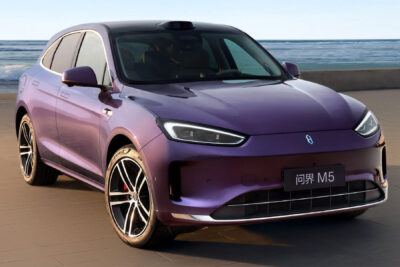
Aito revises the M5 and M9
21.03.2025
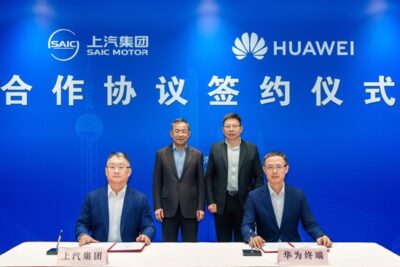
SAIC & Huawei announce smart EV development cooperation
25.02.2025
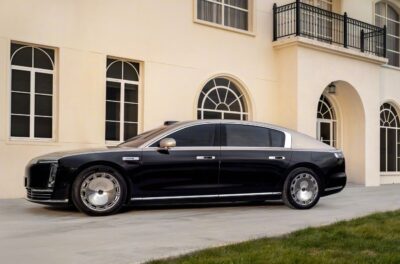
Maextro S800: luxury car from Huawei and JAC
23.01.2025
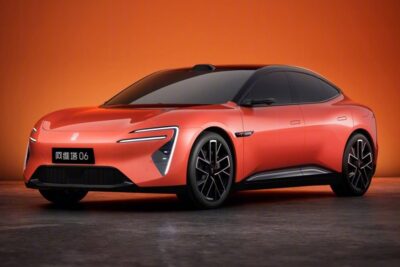
Avatr follows up with the Avatr 06 electric mid-size sedan
10.12.2024
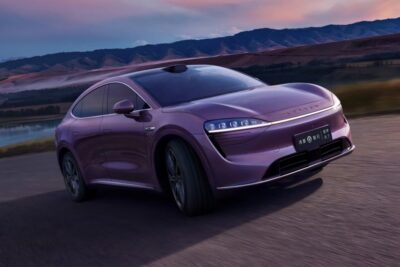
Luxeed launches sales of the R7 in China
23.10.2024
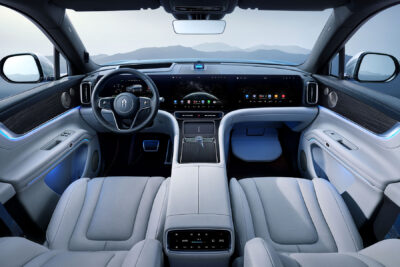
P3 ADAS Benchmark – China Edition: Huawei’s system takes the lead
20.10.2024
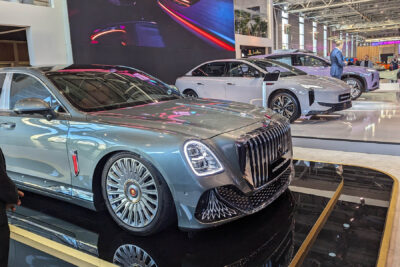
Chinese EVs abound: How Hongqi, GAC and co. are turning the Paris Motor Show upside down
16.10.2024
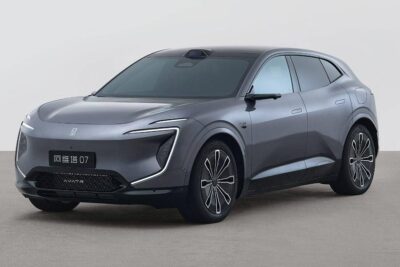
Sales start for the Avatr 07 in China
07.10.2024

Avatr adds range extender vehicle to its range
23.08.2024

Huawei expands electric car line-up in China
09.08.2024

Pre-orders open for Stelato S9 with 800 km range in China
03.06.2024
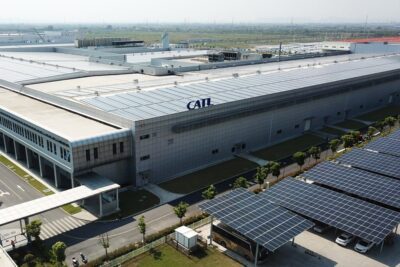
Tesla validates LMFP cells from CATL already used by Chery
29.02.2024
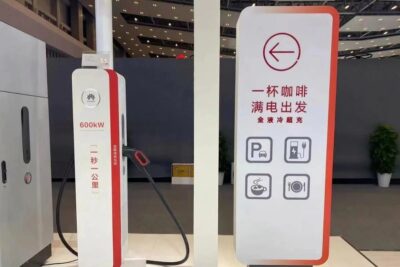
Huawei to build HPC network with over 100,000 charging stations in China
27.02.2024
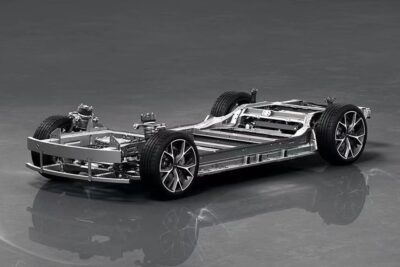
Chery plans model lineup with ‘E0X’ tech platform
15.02.2024

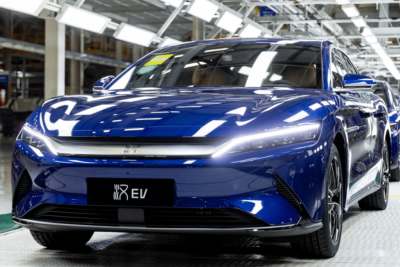
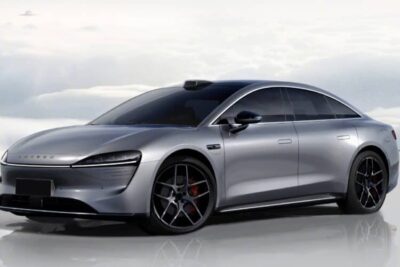
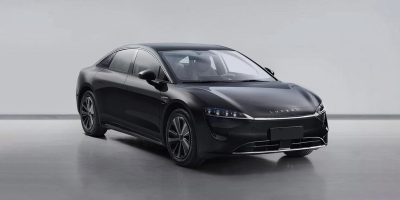
Last commented